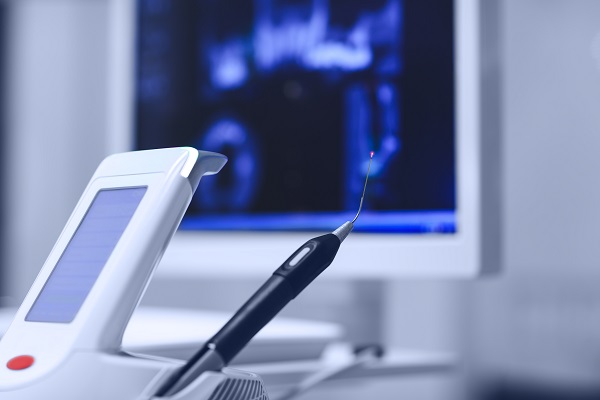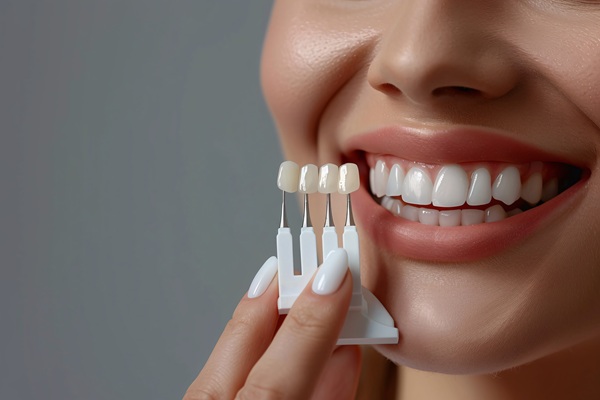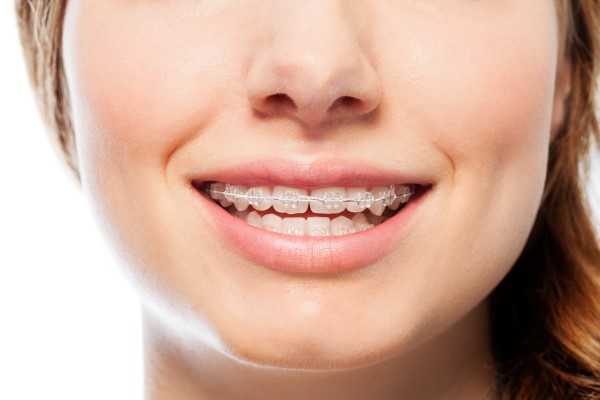Laser Dentistry and Root Canal Procedures

Laser dentistry is a dental practice that can be used to treat both restorative and cosmetic conditions. One of the most common procedures that laser dentistry is capable of taking over is root canals. For the longest time, root canals have been done one way. However, modern-day dentistry has allowed for the evolution of better technology, which is proving to be successful. Ready to learn more about laser dentistry?
How laser dentistry can be used for root canals
The following information outlines how laser dentistry services can be used for root canal therapy. This information can be helpful to those wanting to explore alternative methods of dentistry.
What is required during a root canal?
A root canal procedure is a routine practice that has been done for many years. When a tooth becomes severely infected, it often requires a general dentist to remove the infected nerves and pulp. During a root canal, the dentist will numb the patient so that discomfort is limited or non-existent. The infected areas are removed through a process of cleaning. A temporary dental crown is placed while a permanent one is custom created.
Traditional root canal procedures have been known to cause discomfort during and after the procedure. Because the nerve and pulp are being removed and cleaned out, pain is very common. However, laser dentistry has changed the way the procedure is complete, which has shown to be less invasive, thus less painful.
Laser dentistry
Laser dentistry can be used for a number of different procedures; however, root canals are one of the most common. General dentists can use laser technology to remove the infected areas of the tooth, the same way that it would be done with traditional practices. However, the difference with laser dentistry is that light energy is used as opposed to dental drills. This reduces the amount of pain and discomfort that is felt, as well as the recovery time.
The procedure will follow the same steps as a traditional root canal. The patient will be numbed using a local anesthetic and then the pulp and nerves will be cleaned out. Typically, when laser dentistry is used, the procedure is over much more quickly.
Benefits of laser dentistry for root canals
Outlined below are a few of the benefits of using laser dentistry for root canal procedures.
- Recovery time is much shorter because the laser cauterizes as it cuts into the tissue
- There is not as much pain because laser dentistry uses energy, instead of dental tools
- Laser dentistry is not invasive
- Patients will get just as good of results as traditional practices, if not better
Learn more today
Want to know more about using laser for root canals and other restorative procedures? With the help of a dentist, laser dentistry can be used to restore teeth that are in bad shape. Reach out today to learn more or to get started with a laser dentistry procedure. Our team is here to help!
Request an appointment here: https://austinprimarydental.com or call Austin Primary Dental at (512) 808-5651 for an appointment in our Austin office.
Check out what others are saying about our dental services on Yelp: Laser Dentistry in Austin, TX.
Recent Posts
For many people who feel nervous about dental care, laser dentistry offers a calmer, gentler path to treatment. The technology utilizes focused light to treat teeth and gums with reduced noise and vibration compared to traditional tools. This quieter experience helps reduce tension in the chair and can lower the need for numbing in select…
Laser dentistry has been around for several years. In recent years, it has become more popular because it offers an effective way to perform many procedures. Dentists use lasers to treat a variety of conditions, including tooth decay. Read on to find out when your general dentist may recommend laser dentistry.Many dental professionals believe that…
Laser dentistry became commercially available in 1989. Since then, it has grown significantly in popularity and is now the preferred form of treatment for millions of patients across the United States and worldwide. Dental lasers are used to treat a range of oral health concerns, including cavities, gum disease, and oral infections. Here, we focus…
Understanding that laser dentistry is a treatment option for addressing cavities means that dental patients have choices. While not all dental professionals offer laser treatment, many now do as they want to offer their patients treatments that use advanced dental technologies. According to WebMD, lasers may preserve more healthy tooth tissue during cavity treatment.Thinking laser…


